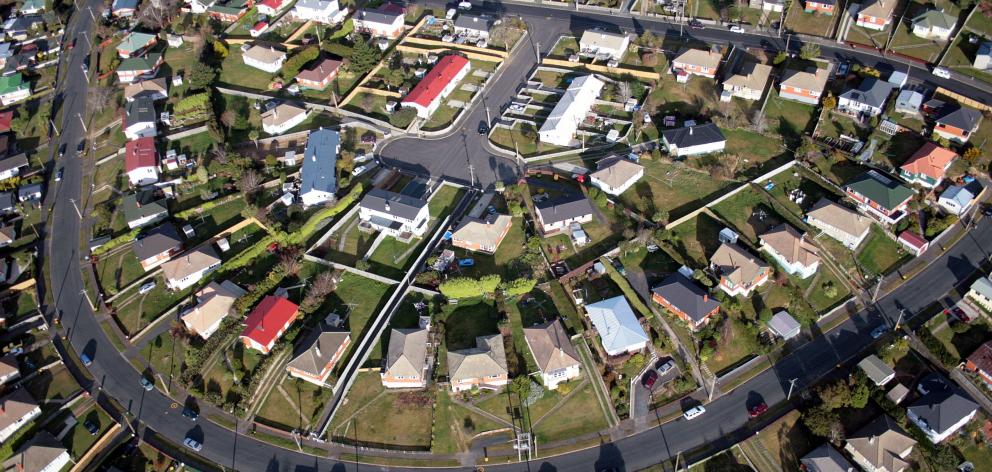
That's the call from Auckland-based charity Lifemark, which operates a voluntary certification scheme for new homes that is being rolled out across the country.
``The number of builders and developers creating homes that better serve our population is increasing, but it is still far too small,'' Lifemark general manager Geoff Penrose said.
Operating under the umbrella of CCS Disability Action, Lifemark works with architects, developers and builders to put in place standards to make homes ``easier for everyone, particularly with our ageing and changing population,'' Mr Penrose said.
``If you put things in place at the design and building stage, it is so much more effective than if you have to retrofit later on.
``Then you have homes that are adaptable to people's changing needs.''
Out of a total of 1407 homes granted consents last year in Otago, Lifemark certified 31, amounting to about 2%. This was about average for New Zealand, Mr Penrose said.

``We are a long way short of that.''
The homes certified by Lifemark had safe, level access, and incorporated features such as wider doorways, increased spaces, easily reachable power points, easy-to-use taps, window latches and light switches, he said.
There were long-term benefits for people as they aged to help them to stay in their homes and communities, rather than the disruption of having to move.
Age Concern Otago chief executive Susan Davidson said it seemed a good idea to create housing for older people that suited their abilities.
``What they [Lifemark] are saying is practical and makes sense - it is something that needs to be paid attention,'' Mrs Davidson said.
Presbyterian Support Otago chief executive Gillian Bremner said growing attention was being paid to the concept of a ``universal design'' - giving consideration to building new homes that were suitable for an older person to age in place.
``The question is really about the building stock that we have in Otago. [Is it] suitable for people to age in place?'' Mrs Bremner said.
The situation was variable, and there were many homes in Dunedin which had access issues. However, research had shown that many people, particularly those who had a ``nest egg'', generally wanted to stay in a familiar home and would adapt their home as required.
Dunedin Mayor Dave Cull, chairman of the Cosy Homes Trust, agreed that the figure of 420 homes a year was ``realistic''.
``When we did our social housing review, we projected that there was going to be a considerably higher need across all areas, including housing for older people,'' he said.
``Personally, I think that we should be considering putting universal design into all new homes, so that our homes support everybody's activities, not just able-bodied people.''
- by Brenda Harwood












